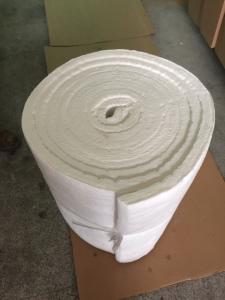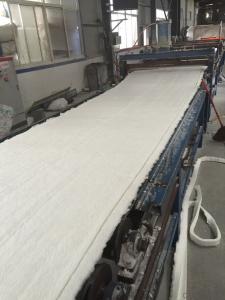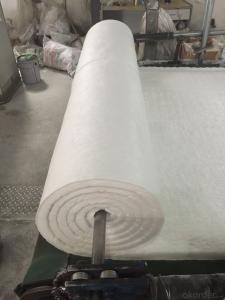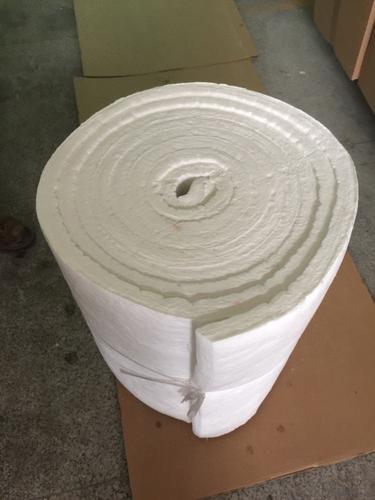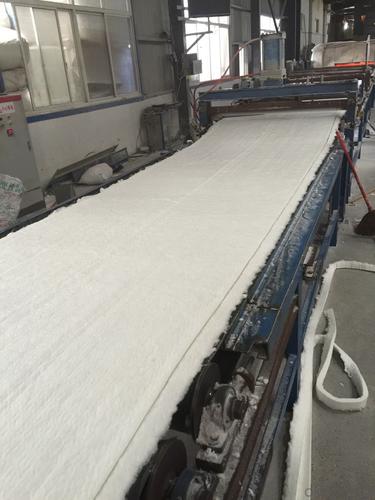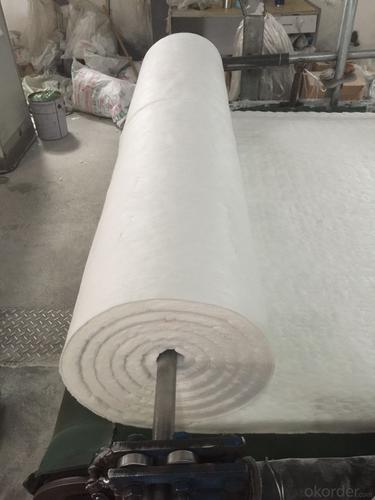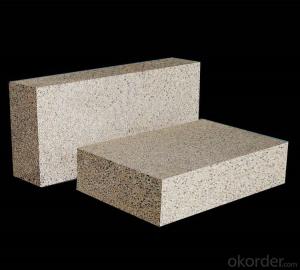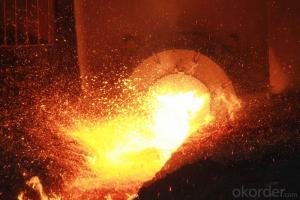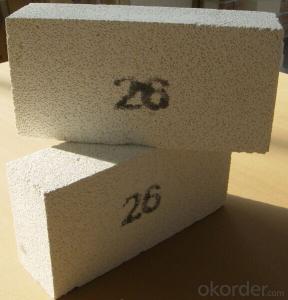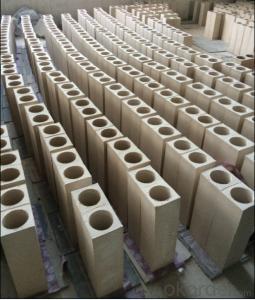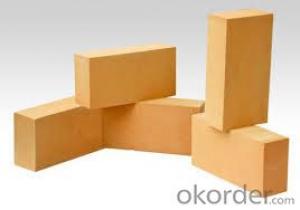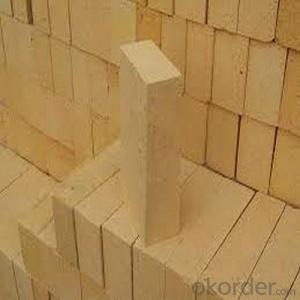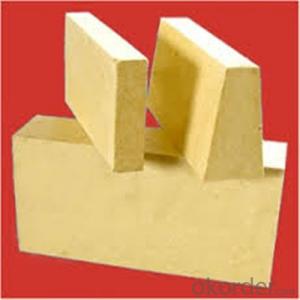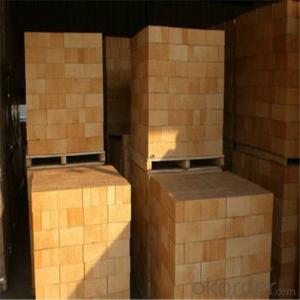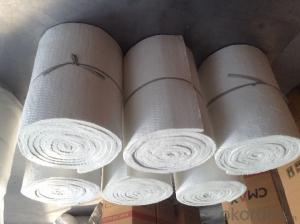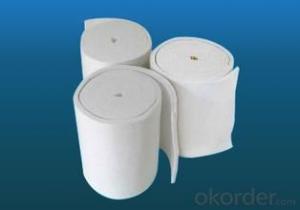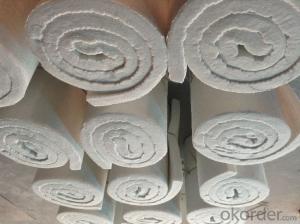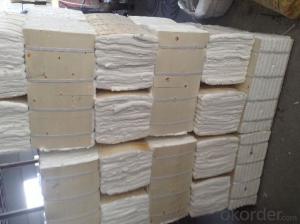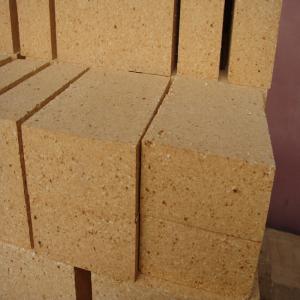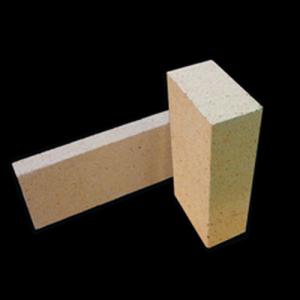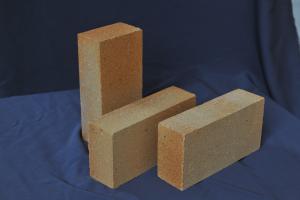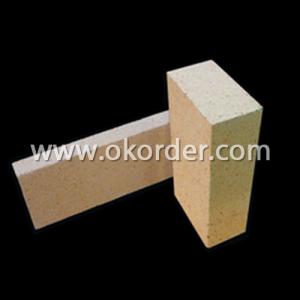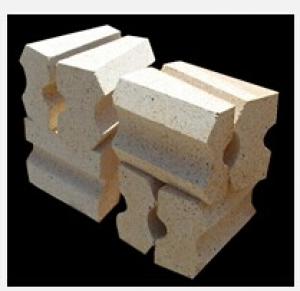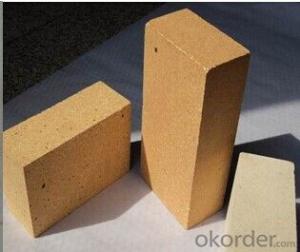Fireclay Brick Ceramic Fiber Blanket Refractory Blanket 1260C
- Loading Port:
- Qingdao
- Payment Terms:
- TT OR LC
- Min Order Qty:
- 225 roll
- Supply Capability:
- 31500 roll/month
OKorder Service Pledge
OKorder Financial Service
You Might Also Like
General information:
Cmax ceramic fiber blanket is made from high quality gao-ling clay, high purity alumina and silica oxides by spun or blown process. It is asbestos free. No chemical binder is added. Double-size needling provides blanket with great tensile or handling strength for easy installation. Blankets are available in various classified temperature from 1260ºC to 1430ºC.
Cmax ceramic fibre blanket is resistant to most chemicals attack except hydrofluoric phosphoric acid and high pH alkali(na2o or k2o). Its thermal and physical properties can not be affected by oil, steam and water, very good thermal insulating materials.
Advantages:
Heat reflectance
Light weight
Low thermal conductivity
Low heat storage
Flexible
Resilient to thermal stock
High tensile strength
Corrosion resistance
Easy to install
Asbestos free
Application:
Petrochemical process heater refractory fiber lining
Heat treating furnace or intermittent (shuttle) kiln hot face lining
General furnace backup insulation
Heat seals for kiln car or furnace door
Electrical insulator
High temperature acoustic
Fire protection
| TECHNIQUE DATA | |||||||
| STD | HP | HA | HZ | ||||
| CLASSIFICATION TEMPERATURE(C) | 1260 | 1260 | 1350 | 1450 | |||
| WORKING TEMPERATURE(C) | 1000 | 1050 | 1200 | 1350 | |||
| COLOR | WHITE | WHITE | WHITE | WHITE | |||
| BULK DENSITY(kg/m 3 ) | 96/128 | 96/128 | 96/128 | 96/129 | |||
| THERMAL SHRINKAGE 24HRS (Density 128kg/m 3 ) | ≤ 3 | ≤ 3 | ≤ 3.5 | ≤ 3.5 | |||
| THERMAL CONDUCTIVITY(W/m. k) (Density 128kg/m3 ) | |||||||
| 800C | 0.15 | 0.176 | 0.160 | 0.155 | |||
| 1000C | 0.170 | 0.220 | 0.180 | 0.230 | |||
| 1200C | - | - | 0.260 | 0.31 | |||
| CHEMICAL COMPOSITION(%) | |||||||
| Al2O3 | 45-46 | 45-46 | 53-55 | 38-54 | |||
| SiO2+Al2O3 | 98.5 | 99 | 99 | 82-90 | |||
| ZrO2 | - | - | - | 13-18 | |||
| Fe2O3 | ≤ 0.4 | ≤ 0.3 | ≤ 0.3 | ≤ 0.3 | |||
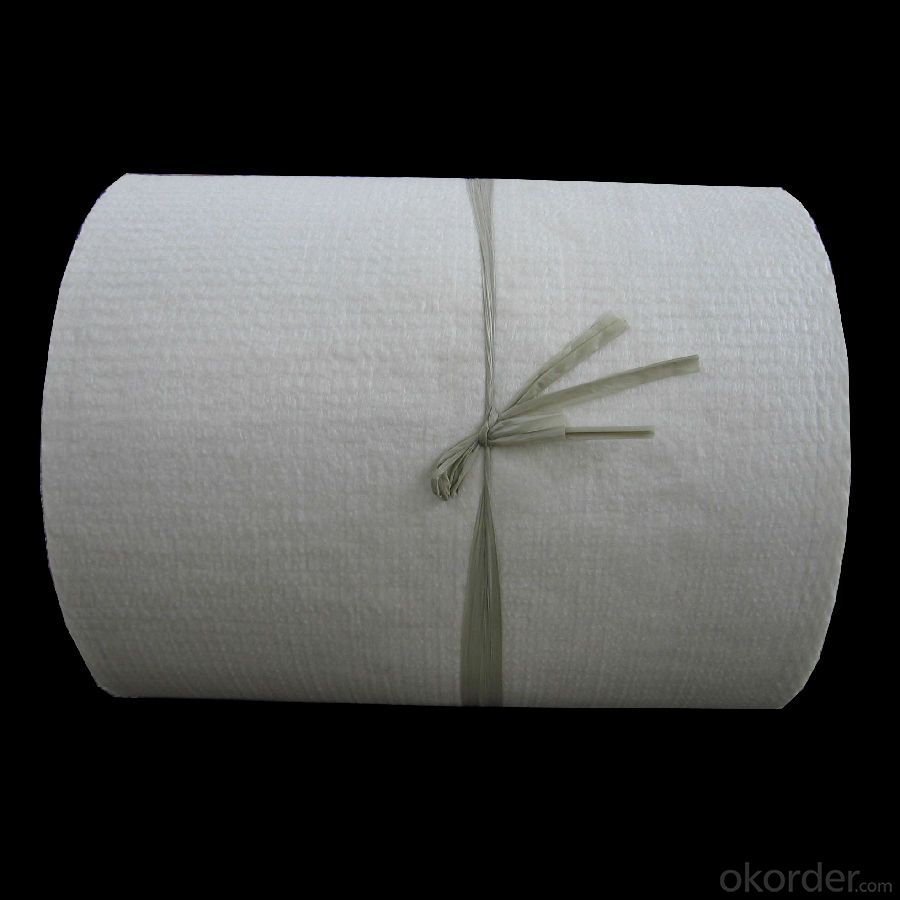
- Q: can the red brick be used as refractory brick?
- Can not replace! The high temperature will make it burst. Coefficient of thermal expansion is not enough
- Q: What are the differences between thermal?insulation?bricks and refractory bricks?
- Thermal insulation brick has low fire resistance, generally is porous and light.
- Q: how much is the content of the high alumina of refractory brick?
- linear?change?on?reheating is small and Slag resistance is good, matte smelting, good thermal shock resistance used refractory materials should be resistant to high temperature: In front of the furnace, the temperature can reach 1800, copper blowing. The maximum temperature in the smelting furnace area is on the top, pyro-refining and electrorefining, magnesia chrome brick, magnesia chrome castable, magnesia alumina brick. The commonly used refractory materials is direct-bonded?magnesia-chrome?bricks, which has large volume density. manufacturing technique of copper smelting consists of five parts, Clay brick
- Q: Characteristics of refractory bricks
- The ability to resist rapid changing temperature and not to be destroyed is 6, it refers to the change of the volume expansion and contraction in the same temperature change. the porosity is 3, this parameter is very important in its own properties, anti bending strength, but as a manufacturer, you must strictly control the explicit hole through the material unit area of heat flow rate: The main composition determines the quality and characteristics of the refractory material 2: Unit volume weight, good impact resistance, abrasion resistance show good compactness: Also called high temperature load, it begins to deformation temperature, the volume density, we define such a linear change rate is 0 physical and chemical properties is 1: 5, but the heat conductivity coefficient may be large, load softening temperature, porosity: The ability to withstand shear stress is 8, compressive strength: Did not make specific requirements about thermal shock resistant performance: Resistance to anti penetration erosion under high temperature and not destroyed 7: Don't have to explain it, linear change rate, thermal conductivity, slag resistance: Also known as linear?change?on?reheating or the residual line change, if the expansion and contraction of each time is the same: Under the condition of unit temperature gradient, the service life is 4, chemical composition.
- Q: What are the disadvantages of sintered clay bricks?
- Advantages: brick is the traditional wall materials, has high intensity and durability, but also because of its porous and has the advantages of heat insulation, sound insulation and absorption, therefore suitable for building envelope, interior walls, exterior walls, columns, arches, chimney, channel and other structures have been widely used in masonry the building, is also available in mid proper or steel wire reinforced masonry concrete structure to replace the post and lintel.
- Q: What are the type, location and the physical and chemical effects of the refractory brick used in the cement rotary kiln?
- And T209
- Q: What mud is the refractory brick made of?
- The main material of the ordinary refractory brick is clay, the main component is aluminium oxide.
- Q: What is the difference between fused brick and clay brick?
- Artificial small bulk for building. Also called sintered brick. Clay to clay (including shale, coal gangue powder) as the main raw material, through mud processing, molding, drying and roasting and. Chinese in the spring and Autumn period has created a square and brick, Qin and Han Dynasties brick technology and production scale, quality and variety have significant development, known as "Qin Zhuanhan tile". Ordinary brick size of 240 mm * 115 mm * 53 mm, according to compressive strength (Newton / square millimeter, N / mm2) size is divided into MU30, MU25, MU20, MU15, MU10, MU7.5, these intensity levels.
- Q: What can be applied to the burned refractory brick to resist heat shock?
- Acidic refractory material use monox as the main component, among which cilica brick and clay brick are commonly used. Silica brick is silicious product containing monox more than 93%, whose raw materials include silica, waste silica brick scrap and etc. The acid resistance of slag erosion ability is good, and the softening temperature under a fixed load is high. The volume won't shrink after repeated burning, but even a slight expand; but it is vulnerable to the erosion of basic slag, and has low thermal shock resistance. The silica brick is mainly used for coke oven, glass melting furnace, acid hearth furnace and other thermal equipments. Clay brick uses refractory clay as the main raw material, containing 30% to 46% of aluminuum oxide, belong to weakly acidic refractories. It has good heat shock resistance and corrosion stability to acid slag, and it's widely used. Neutral refractory materials use aluminum oxides, chromium hemitrioxides or carbons as the main components. Corundum products containing more than 95% of alumina is a kind of high quality refractory material with wide application.
Send your message to us
Fireclay Brick Ceramic Fiber Blanket Refractory Blanket 1260C
- Loading Port:
- Qingdao
- Payment Terms:
- TT OR LC
- Min Order Qty:
- 225 roll
- Supply Capability:
- 31500 roll/month
OKorder Service Pledge
OKorder Financial Service
Similar products
Hot products
Hot Searches
Related keywords
